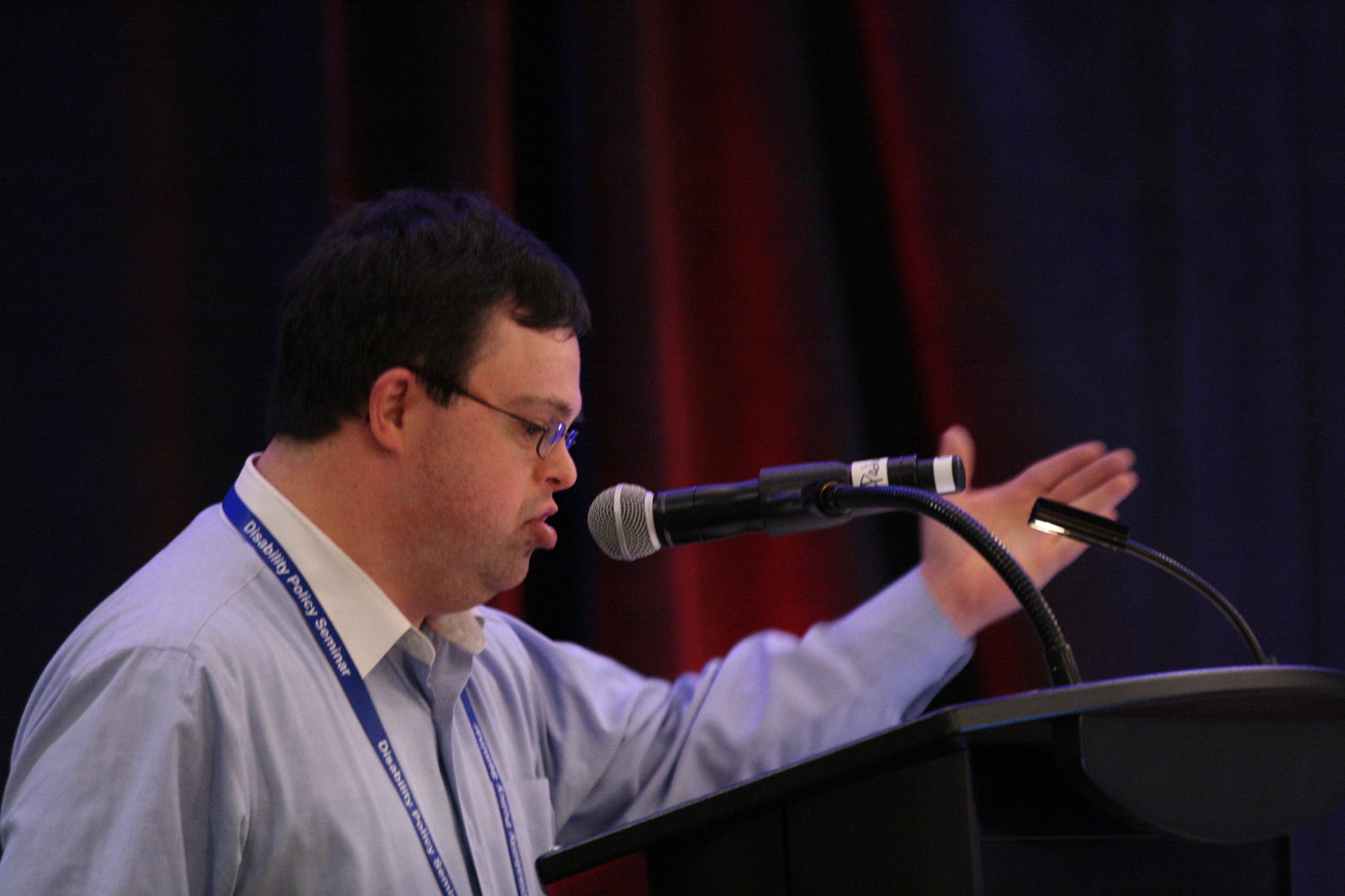Respect choice. Honor decisions. Advance self-determination.
Guardianship is a broad and very restrictive form of substitute decision-making, meaning that someone else makes the decision for the person. Under this process, a court-appointed guardian is charged with the responsibility to make decisions for a person who is deemed unable to make decisions. In essence, the individual is stripped of the right to make decisions; instead, that authority is vested in a designated guardian who decides for the person. People with psychiatric disabilities, brain injuries, and intellectual or developmental disabilities, as well as seniors with dementia, are often subjects of guardianship petitions.
CPR has been instrumental in reforming overly restrictive guardianship laws. CPR has worked with the courts, the American Bar Association, state and federal agencies, and disability rights coalitions to promote changes that advance self-determination for people with disabilities.
There is a worldwide movement advancing Supported Decision-Making (SDM) as an alternative to guardianship. On the international level, the United Nations’ treaties and conventions have promoted SDM. Article 12 of the United Nations’ Convention on the Rights of Persons with Disabilities (UNCRPD) essentially abolishes guardianship, prompting the broader acceptance of guardianship alternatives. Passed in 2006, Article 12 provides that people with disabilities have legal capacity in all areas of life, despite the nature and extent of their disability. Further, it requires States to ensure people with disabilities have access to the supports they need to exercise their legal capacity. More than 170 nations have ratified the UNCRPD; there are about 160 signatories, including countries and regional interest organizations.
CPR has conferred with disability rights lawyers, self-advocates, activists and experts in a number of countries, as we collectively work to develop SDM models that honor individuals’ choices, advance their self-determination, and provide safeguard to prevent abuse. Similarly, CPR is working with disability rights advocates in the United States to expand SDM initiatives.
Notably, in 2014, CPR launched the first externally evaluated SDM demonstration pilot in the country. Self-determination – meaning that people with disabilities make choices about their own lives – is essential to be able to live a meaningful life included in the community. Former president and co-founder of the Autistic Self-Advocacy Network, Ari Ne’eman, has made the direct connection between guardianship and ongoing struggles in the disability community, such as institutionalization and sheltered workshops. “All of these things come down to disputes about guardianship,” he said, and emphasized the need to address the “root issue of whose choices are being respected.”
In 2020, CPR became a key partner of the Center on Youth Voice, Youth Choice (CYVYC). Funded by the U.S. Administration for Community Living (ACL), CYVYC is a national research, training, and resource center that promotes the use of alternatives to guardianship for youth with intellectual or developmental disabilities. CPR spearheads CYVYC’s Community of Practice, providing technical assistance to teams in eleven States that are seeking to advance alternatives to guardianship, including SDM, with youth leaders at the helm. To learn more about CPR’s work, please visit its SDM website.
